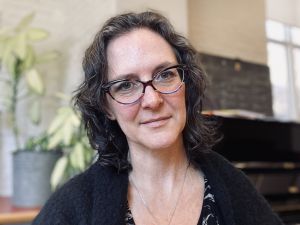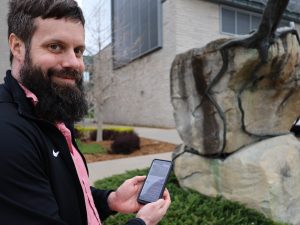Tim Kenyon, Brock’s Vice-President, Research, recently had his second article in a three-part series published in University Affairs about obstacles faced by mid-career faculty members and strategies to overcome them.
He writes:
“In my previous article, I reviewed some of the factors that can lead to a mid-career research slowdown for tenure-stream faculty. It is not uncommon for faculty members to experience a slump or two in their research careers, as the nature of the job, and of life itself, changes over time. Professors are people who love research, and to some extent may define their professional identity in terms of their research interests and aspirations. This sort of change can be a disconcerting or demoralizing experience. What can be done to forestall, mitigate and emerge from such a slowdown?
First, the answer isn’t always to speed up. While some of these strategies are intended to help accelerate a quiescent research program, others aim at mitigating an overdeveloped sense that one’s research program must forever be accelerated, no matter how active. It is important to recognize the value of patience and of letting research unfold in its own time, at a pace sustainable by the researcher. This point is made in detail by many people who research academic careers and the research process itself, including Barbara Seeber and Maggie Berg in their book The Slow Professor: Challenging the Culture of Speed in the Academy (University of Toronto Press, 2016).
I will note that these suggestions are intended to be sensitive to situations. Different disciplines, departments, department chairs, faculties and faculty deans (and more generally, different universities, collective agreements and local received practices) will make for variations in how these strategies are best taken up. Therefore, take these approaches as items to consider and not as absolute endorsements. This is meant as a kind of brainstorming, a license to pick one or more strategies that seem workable, and try them to some degree or other.”
Continue reading the full article here.










